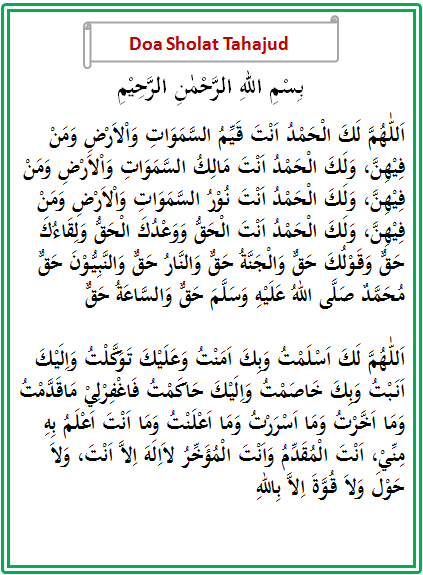Unlocking Blessings: The Power of Dhuha Prayer
Imagine a direct line to communicate with the Divine, a moment of tranquility amidst the hustle of life. That's the essence of prayer in Islam. While the five daily prayers are obligatory, there are special voluntary prayers that hold immense spiritual weight. One such prayer, deeply cherished by Muslims worldwide, is the Salat al-Dhuha, often referred to as the "Prayer of the Forenoon."
Salat al-Dhuha is not merely a ritual; it's a spiritual conversation with Allah (God), performed during the morning hours when the sun has risen. This prayer, steeped in Islamic tradition, is believed to bring countless blessings, both in this life and the Hereafter. The Prophet Muhammad (peace be upon him) encouraged its practice, emphasizing its ability to draw one closer to Allah and attract His mercy and favor.
The beauty of Salat al-Dhuha lies in its simplicity and accessibility. Unlike the obligatory prayers with fixed units (rakahs), Dhuha prayer can be performed with a minimum of two rakahs and a maximum of twelve, allowing individuals to tailor their worship based on their time and capacity.
But what makes this prayer so special? It's the profound connection it fosters with the Divine, opening doors to blessings that extend beyond our immediate understanding. Many Muslims across the globe can attest to the transformative power of Dhuha prayer in their lives, witnessing increased sustenance, ease in difficulties, and a heightened sense of spiritual well-being.
In a world often characterized by chaos and uncertainty, taking a few moments to connect with the Creator through Salat al-Dhuha offers a sanctuary of peace and a means to seek guidance, forgiveness, and blessings. It's a reminder that even amidst our busy lives, we can always carve out time for spiritual reflection and reap the immeasurable rewards it brings.
Advantages and Disadvantages of Dhuha Prayer
Like any act of worship, consistency is key. While there are no inherent disadvantages to performing Dhuha prayer, the potential downside lies in neglecting it. Missing out on this beautiful practice means potentially missing out on the abundant blessings and spiritual connection it offers.
Frequently Asked Questions About Dhuha Prayer
Let's address some common queries about this special prayer:
1. What is the best time to pray Salat al-Dhuha?
The ideal time is typically when the sun has risen to approximately the height of a spear, roughly 20-30 minutes after sunrise, and lasts until shortly before the time for the midday prayer (Zuhr).
2. How many rakahs (units) are there in Salat al-Dhuha?
The minimum is two rakahs, and the maximum is twelve, prayed in sets of two.
3. Are there specific supplications (duas) to recite during Dhuha prayer?
While there are no prescribed duas, it's recommended to offer heartfelt supplications seeking Allah's forgiveness, guidance, and blessings.
4. Can I pray Dhuha even if I have missed some obligatory prayers?
Absolutely! While it's essential to make up missed obligatory prayers, voluntary prayers like Dhuha can be performed regardless.
5. What are some of the reported benefits of praying Salat al-Dhuha?
Muslims believe it brings forgiveness of sins, increased sustenance, ease in affairs, and blessings in this world and the Hereafter.
6. Is there a specific dress code for praying Dhuha?
Just like any prayer, ensure you are properly covered (according to Islamic guidelines) and in a state of cleanliness.
7. Can I pray Dhuha at home?
Yes, it can be prayed anywhere that is clean and permissible for prayer.
8. I'm new to Islam; how can I learn the steps of Dhuha prayer?
Many online resources and Islamic centers offer guidance on prayer. Don't hesitate to reach out and seek assistance.
Tips for Incorporating Dhuha Prayer
- Set a Reminder: Use your phone or a physical note to remind yourself of the prayer time.
- Start Small: Begin with two rakahs and gradually increase as you feel comfortable.
- Find a Serene Spot: Choose a quiet and clean space where you can focus on your prayer.
- Be Consistent: Make it a habit to pray Dhuha regularly, even if it's just for a few minutes each day.
- Reflect on the Meaning: As you pray, ponder upon the meaning of the words and connect with Allah on a deeper level.
The practice of Salat al-Dhuha, though voluntary, carries within it the potential to transform our lives. It's an act of love, devotion, and a testament to our commitment to nurturing our relationship with the Divine. By incorporating this beautiful prayer into our daily routine, we open ourselves to a world of blessings, both tangible and spiritual. So, take those few precious moments each morning to connect with your Creator, and witness the transformative power of Dhuha prayer in your own life.
The mark of mastery inside skin wizards tattoo academy
Riding the tiktok wave unveiling the most viral tunes
Navigating the world of new york times opinion journalism














